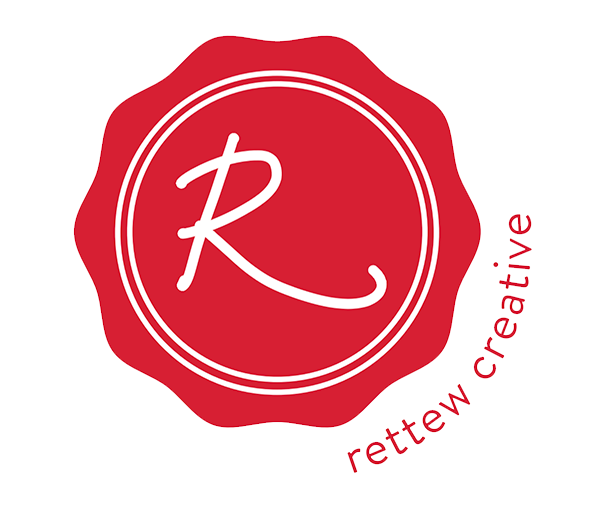As I woke-up Christmas Even morning, I was checking my email before starting the holiday communication shutdown. As I was looking through my personal email account, I noticed an email from Honda. Apparently, there was “an unauthorized access to an email list used by a vendor of customers who receive special offers and newsletters from Acura.” They went on to state that, “As a company, we believe that all customer relationships must be built on trust.” Honda, you are right! It is about “Trust”! Then they stated, “That is why we believe it is important to inform you of this incident.” You can click here to read the whole email.
My Holiday Message
Now this is not a mere examination of the the Honda email practices, but something that I experienced yesterday. Yesterday, I sent out a short video holiday message to my friends, family, and clients. It was not necessarily just a Holiday Message, it was a reminder to a select group of people that I will be out of town the week after Christmas. As I was putting together the email, I choose each person that will receive this email carefully based on the message. I also chose to send it out yesterday because I knew most of the recepients would still be in the office to open the email or would open it upon their return on Monday, December 27th. The purpose once again, a reminder. So far, %81 of the people have opened the message, which is about what I expected.
During the day, I received little notes from many people thanking me for the reminder, and also some that just enjoyed the funny video. Each person I know on a first name basis, and can honestly subscribe them to my Mail Client (MailChimp) because we email each other, each and everyday. We not only have a personal relationship in person but also a digital communication relationship based on information transaction.
Misuse of Email Addresses
Late Thursday afternoon, I received a Holiday Message where someone had sent an email to every email address they had in their address book. How do I know this, because all 1181 individual email addresses were in the “To:” field. This person has shared their whole client list, personal relationships, basically every email address they have with each of the 1181 people that received this note. This is a scary proposition. Two of my email addresses were in that distribution, so now I am subject to anyone who wants to use my email list for ill will. I do not know all of the 1181 people, so I have no idea if each of them is trust worthy enough to not use my email address properly. Email is about trust.
When we hand out our business cards or share our email address with someone, what are we “opting-in” to receive? How do we set expectations with the person whom we share our email address? I have four email address each with a specific purpose. I have one business email account, one personal account, one for my students at Clemson, and one for purchasing. Each has a specific purpose. I also ask people who send me business emails to my personal account to send to my business account. I also ask my students not to send class email to my personal or business account. I even ask my family to refrain from sending funny joke emails to my business account. So, when a person who has two of my email accounts sends a bulk email to all of their contacts, that is a violation of my email policy. Now I sound a little harsh, but this is how I have to manage my email.
Clemson University’s Email
Recently, at the end of the semester, some of my students were complaining about the amount of email Clemson sends to them. I have to agree…as a part time employee, I receive more email in one day from Clemson than I receive in one week from my busiest client. I am actually a bit overwhelmed. I on average receive 30 plus emails a day about a server problem, parking reminder, poetry exhibit, and the list goes on. I just hit delete, delete, delete. It is so bad, that I miss important email buried in the tons of email I receive daily from the university. Chartjunk as Tufte would say! “Chartjunk refers to all visual elements in charts and graphs that are not necessary to comprehend the information represented on the graph, or that distract the viewer from this information.” I think it applies here!
So I asked the students to write a paper to make recommendations to the university, to use email as a better resource to engage and inform the audiences at Clemson. I found some interesting responses, but the unified answer is do a better job delivering the proper email information to the person that is the actual consumer of this information.
Digital Communication
I have so many different ways I communicate with people digitally. I use Facebook, Twitter, Email, Mobile Phone Texting, and even Skype. I use email as a more formal form of communication, more of a contractual way to document conversations. But I use email based on the relationship with the recipient. This is a mutual proposition that allows us to interact in a private environment where we understand that we will not share information unless it is a part of the communication agreement. To me, Email is about Trust.
A few weeks ago, I heard a colleague chastising someone for putting the disclaimers in the bottom of their email signature. You know, the part that explains this is a communication between the above parties and not to share this confidential information. My colleague was saying that this is too much information for people to read and understand. But it is the actions I list above that have led to individuals being forced to set expectations with the recipient. Why…well, there are those who abuse our trust and share our private information with others.
Communication is about trust. I know we can just hit delete…but should we respond to those who abuse this transaction, informing them of our expectations, educating them of how we view our “address” should be used. Would you do so if that same person walked in your house without knocking…I think this is the same thing.
To learn about the MailChimp’s Email Terms of Use Policy, CLICK HERE.
To learn about SPAM and the CAN-SPAM Act of 2004, CLICK HERE.


